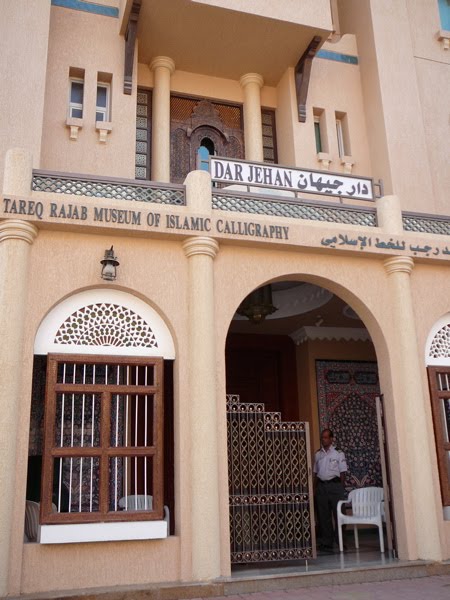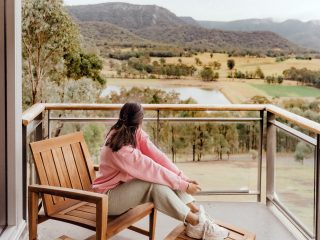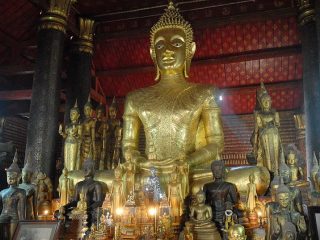The much-contested city state of Kuwait has been a hub of culture and history since the days of the ancient Bedouin people. The oil-rich state of the cosmopolite is famous not only for being a glittering oasis in the desert seas but also for its myriad of excellent museums, elegant galleries, restaurants and cutting-edge shopping plazas that entice tourists away from the lazy beach resorts.
The Tareq Rajab Museum in the city centre is one star attraction to which Kuwait City lays claim. Named after its founder and his spouse Jehan Wellborne, the museum is an enduring testament to the life’s work of the couple’s love of the Middle Eastern culture and its peoples.
Tareq Sayed Rajab was the first of his countrymen ever to be sent abroad for higher studies in art and archaeology. It was there he met and married his wife, Jehan, drawn together by their shared love of folklore and common aspiration to build a museum cataloguing their discoveries. Returning to Kuwait, Mr. Rajab had the honour of being the first Director of the newly established Department of Antiquities and Museums. However he left his post after only a few years to satisfy his wanderlust with his wife; their travels extended from the rural communities of Saudi Arabia to the length and breadth of Asia and the Far East, collecting invaluable artefacts and information about the lifestyles and culture of the peoples they encountered.
The fruit of their labours were finally revealed to the public in 1980, when their museum was opened. Today, the Tareq Rajab Museum boasts a thirty-thousand strong collection of cultural artefacts and objects d’art, one-third of which are on permanent display. The collection is a labour of love spanning over five decades.
The Museum is divided into Areas A and B. The former houses exquisite calligraphy, miniatures and manuscripts, ceramics and glass, metalwork and carvings of wood and stone. Area B is dominated by the textiles, apparel and adornments as well as musical instruments of the Islamic world from the last two and half centuries.
The museum was played a significant role in the August 1990 invasion of Kuwait by Iraqi forces. Most of the collection was saved from destruction thanks to the timely efforts of the museum staff and the building also served as a bomb shelter for civilians.
Having reopened its doors a year after the invasion, the Museum continues to expand and thrive to the present day. It opened the Dar El Cid Exhibition Halls in 2001 as galleries for housing additional material overflowing from the main building as well as lectures and touring exhibitions. Many of these have met great acclaim and renown. In March 2007, the Museum also opened a separate wing devoted to Islamic Calligraphy, with the objective of tracing the evolution of Arabic script. Well-preserved scripts dating beyond the 7th century up to the present day are housed within this new establishment.
The Tareq Rajab Museum is certainly a must-visit for cultural and archaeological enthusiasts exploring the inner city from one of the lush Kuwait hotels. Those searching for accommodation that offers proximity to the city centre as well as tranquil beach surroundings are guaranteed satisfaction at the Al-Jahra Copthorne Hotel & Resort. This is the only Kuwait hotel located in the north of the city and is only 20 minutes away from both the airport and the city centre.




